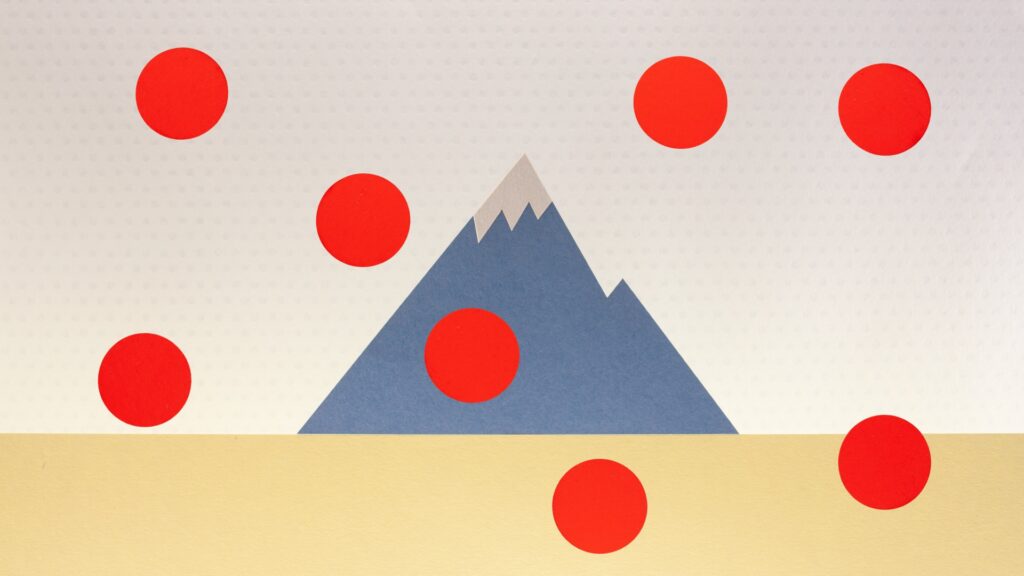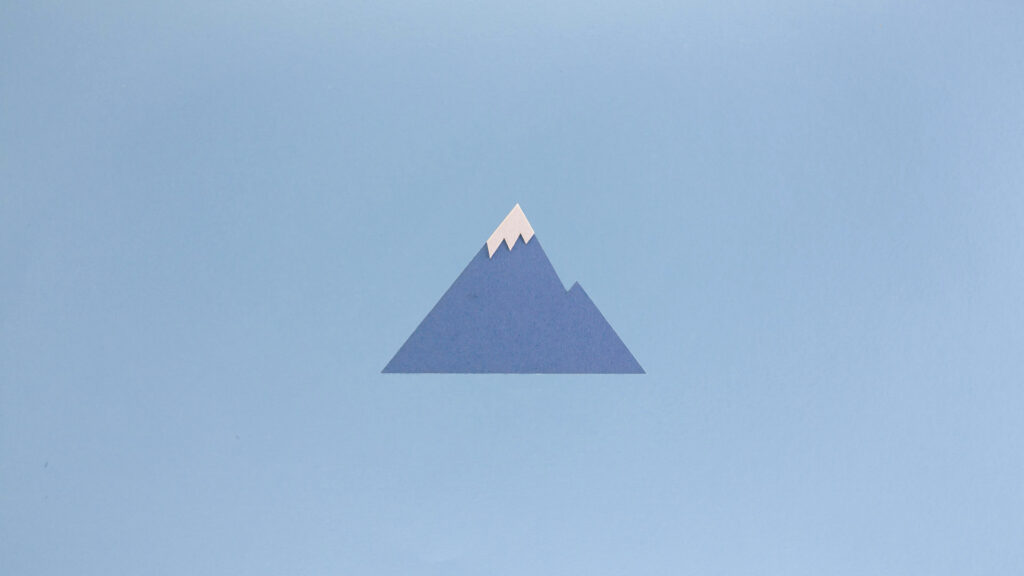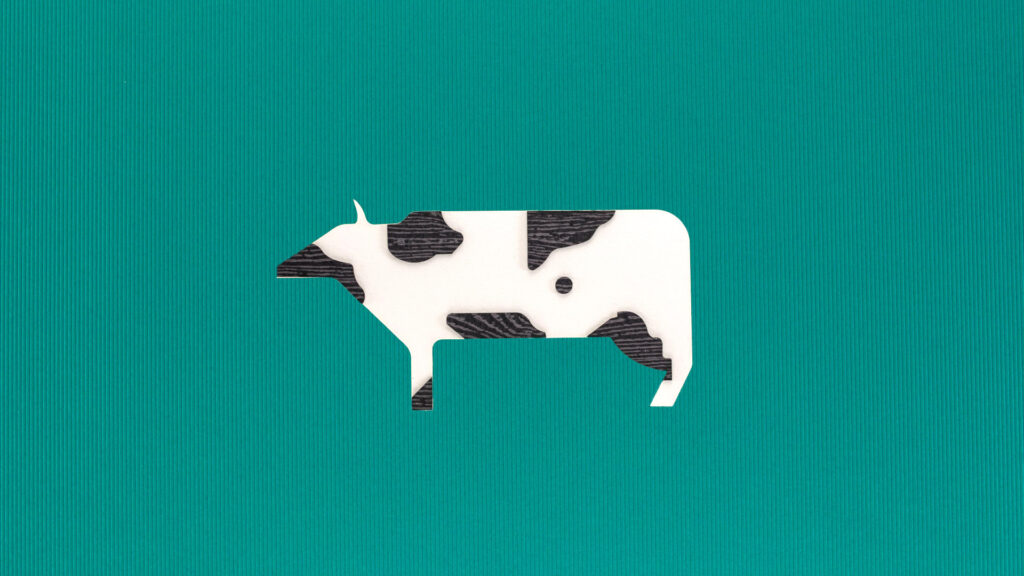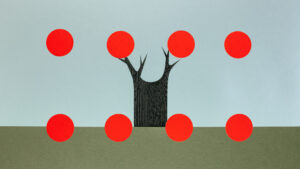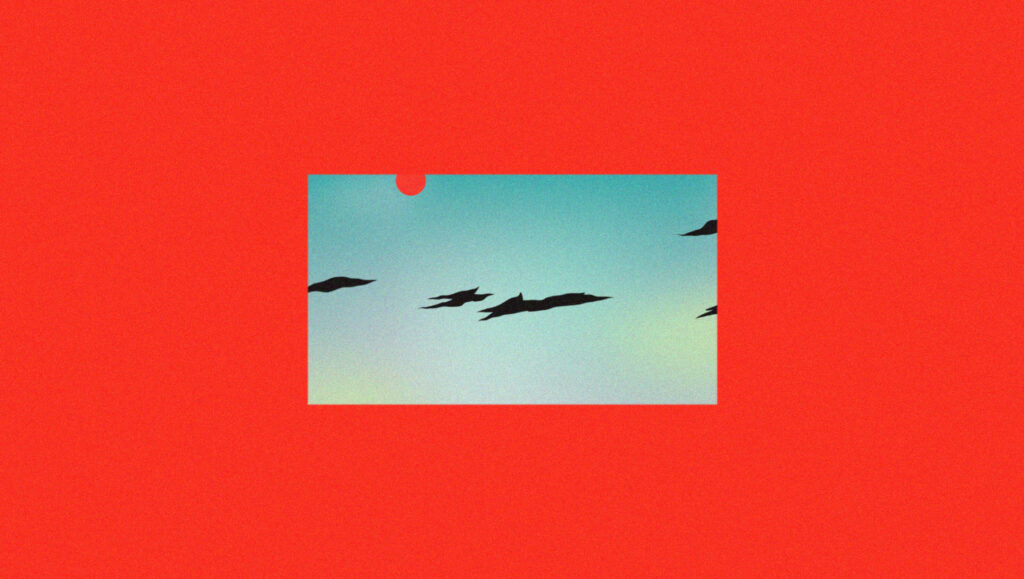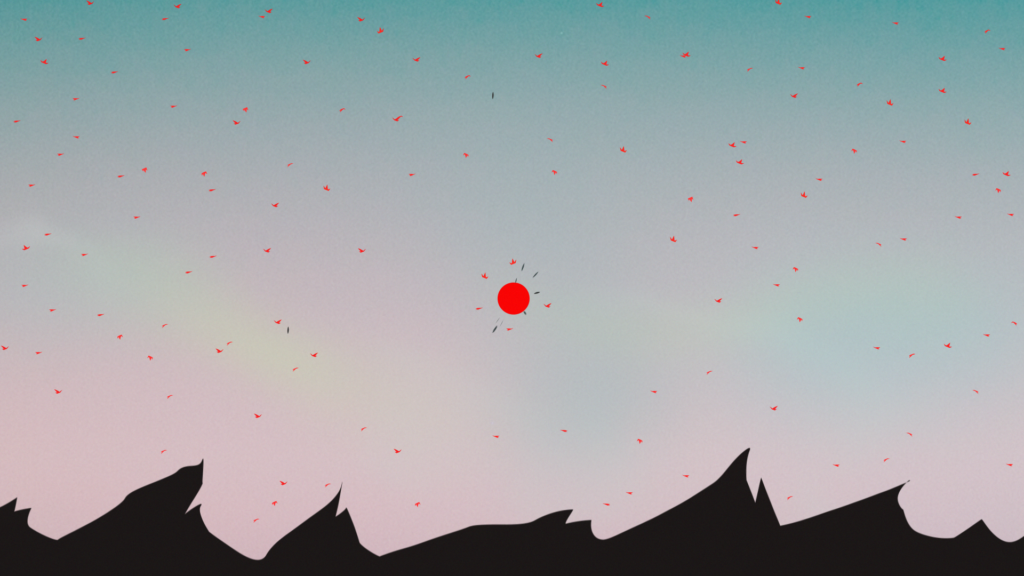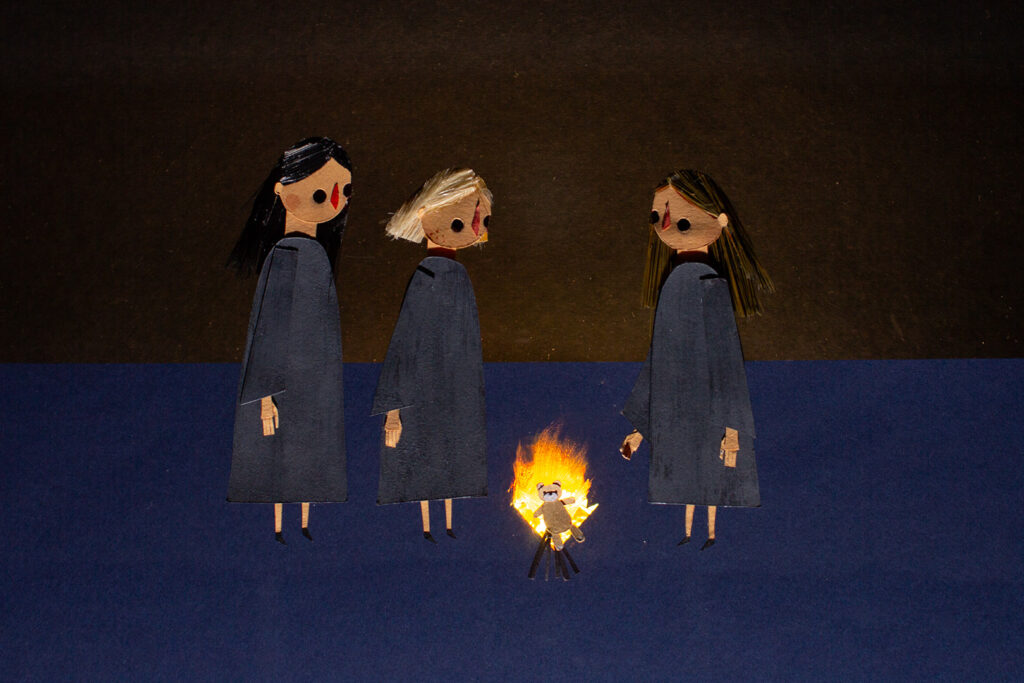THE LOOKING GAME
"A two way mirror with the lights switched off." Independent Research Project, MA Animation, Royal College of Art, 2023. Paper cutouts on multiplane.
Eyes are tracked and attentions plotted as a fictitious audience follows the narrator’s orders. They are divided by the screen and though they try, neither can see through to the other side. We can’t be sure if the bond they form is reciprocal, or if the audience was ever even there to begin with.
WINNER: Visionary Award / Artificial Empathy Open Call, ANIMATOR, Poland. 2024
Special Mention: Best Emerging Irish Female Director, IndieCork, Ireland. 2023
Screenings:
Aesthetica Film Festival, UK. 2024
ANIMATOR, Poland. 2024
Ann Arbor Film Festival, USA. 2024
Bury Art Museum and Sculpture Centre, UK. 2023-2024
Dingle Animation Festival, Ireland. 2024
Dublin Animation Film Festival, Ireland. 2024
GRRL HAUS Cinema, USA. 2024
IndieCork, Ireland. 2023
Kerry Internation Film Festival, Ireland. 2024
L’Alternativa, Spain. 2024
Linoleum, September 2024
Not A Genre, Backronym Films, UK. 2024
OFFline Film Festival, Ireland. 2024.
Revolutions Per Minute Festival, USA. 2024
Sweaty Eyeballs Animation Festival, USA. 2024
Tirana International Film Festival, Albania. 2024
Sound Design Ann Upton & Jamie Mathews
Sound Mix Joe Hirst
Voice Victoria Grove
Personal Tutor Carla MacKinnon
Initially inspired by labyrinths, eye tracking, and Miro boards, the notion that one’s attention could inhibit the view of another led me to the faux-interactive format of the film, with a focus on visual obscuration. The piece explores the relationship between audience and narrator, questioning its reciprocity. The narrator’s desire to connect with her audience and her capacity for mistake-making are human characteristics, though she is not human. The intention of these events in the film is to elicit empathy for her and to consider her beyond her function. However, the functionality of the film is a fictional one – it is a simulation of a simulation, documenting the attentions of an audience that does not exist. When observed by a ‘real’ audience, it can be said to enter the realm of investigative animation, with a new (real) function – investigating human behaviour when presented with a faux-instructional scenario. Despite our learned understanding of film form, and against our better judgement, we begin to participate as though the film’s outcome is not predetermined. It is a “two way mirror with the lights switched off” – an attempt at connection doomed to fail.
The Looking Game is an intentionally ambiguous film. It is both funny and eerie, exploring and exploiting established and expected conventions of film form. The medium of paper cutouts sits in conflict with the faux-instructional, should-be digital world of the film. This incongruity points to the issue of fabrication vs reality.
